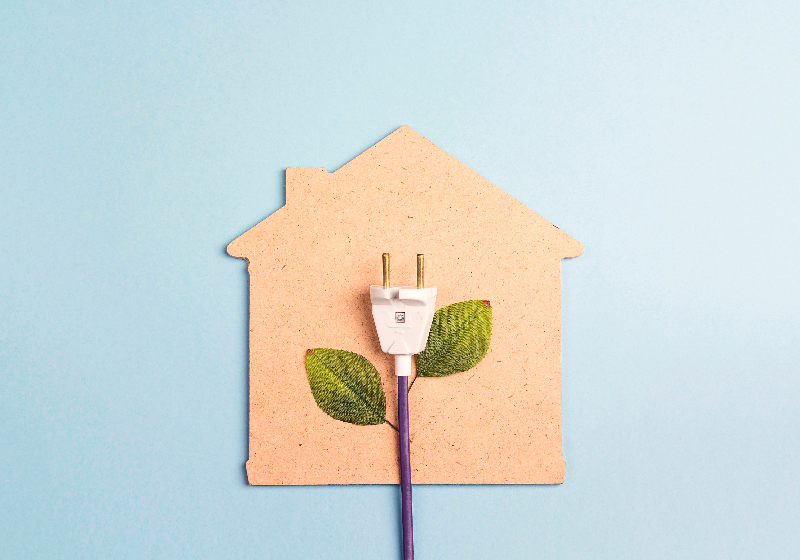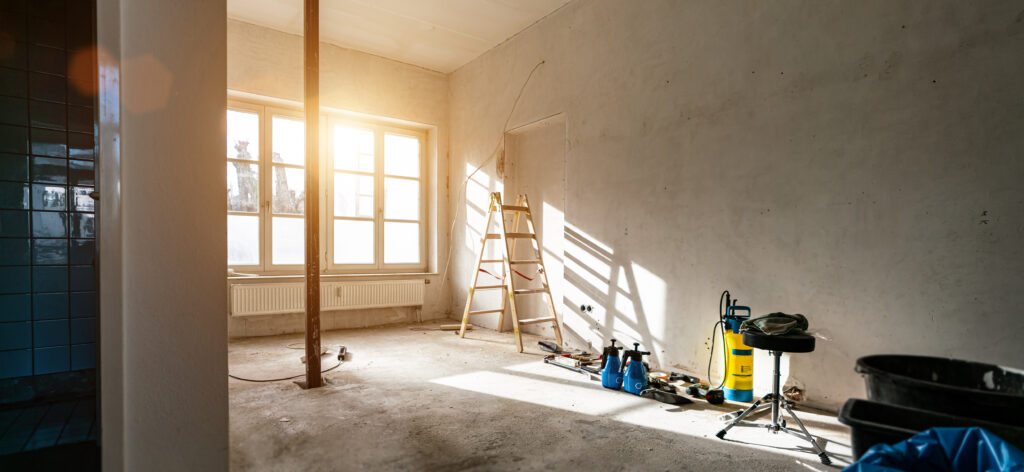Property and business owners are constantly searching for ways to improve their ROI and cut costs when possible. Despite this, the Environmental Protection Agency (EPA) has found that commercial buildings waste 30% of their energy budget on average. In an industry that sees constant innovations, property owners can look to minimize deterioration and update their primary energy-consuming systems by performing a commercial energy audit with a trained professional.
What is a Commercial Energy Audit?
A commercial energy audit is a comprehensive inspection performed by a professional energy auditor of a building or campus. While every energy audit is customized to fit the needs of the building, each auditor follows the best standards of practice as outlined by bodies like the American Society of Heating, Refrigerating, and Air-Conditioning Engineers (ASHRAE).
In an effort to standardize energy audits, ASHRAE has divided these consultations into three separate levels, with the analysis increasing in detail with each step. Residential energy audits tend to stick to the first level, consisting mostly of a basic walkthrough, while commercial energy audits may be more comprehensive. Regardless of the level of audit, the property owner will receive a detailed report with action items to increase energy efficiency.
What is the Process of an Energy Audit?
Due to the diverse array of buildings, and their unique intended capabilities, every energy audit will look different in at least a few aspects. Homes, commercial buildings, hospitals, and school campuses can all benefit from an energy audit, though their needs and opportunities for improvements will vary.
The first step in every energy audit is to identify a qualified energy auditor to collaborate with so that they can determine the size and scope of the job. From there, the appropriate level of audit will be selected, and the auditor will begin their process. It’s important to coordinate and communicate with your energy auditor effectively to experience the best results.
In a level 1 audit, the auditor will review past utility bills, interview any building staff, and then perform a basic walk-through of the building. Higher level audits may include an analysis of HVAC systems, blower tests, tracer gas tests, insulation level evaluations, and building envelope condition assessments.
Higher level energy audits tend to be more rarely utilized considering their elevated prices, although they provide a much more extensive analysis. For property owners interested in cutting down on energy costs without committing to a large investment, they can perform a personal energy audit. Start by checking around doors and windows for air leaks and search for sources of unwanted drafts. Property owners can also look to exchange old, inefficient light bulbs for LEDs and keep a strict schedule for replacing air filters in their HVAC systems.
What Are the Benefits of an Energy Audit?
There are many benefits of energy audits that should make the prospect intriguing for all commercial property owners. To start off, the cost savings from recommended upgrades and repairs should pay for the audit over time, and might even result in a net profit! An auditor’s final report will be full of energy efficiency measures (EEMs) which property owners can prioritize at their discretion to reduce their energy expenses.
After capitalizing on these recommendations, property value is likely to increase and the overall lifespan of the building’s key systems can be extended considerably. Commercial energy audits address the long-term health and durability of commercial properties, and they can even positively impact the health of the property’s tenants and customers.
Carbon monoxide and radon exposure can have detrimental effects on the human body, and these harmful gasses are more likely to build up in properties with inefficient systems or faulty ventilation. In addition, simply cutting down on drafts and adjusting lights that are too bright or too dim will improve satisfaction and comfort for all parties.
Interested in learning more about how to schedule an energy audit for your commercial property? Contact your local National Property Inspections energy consultation professional to learn more!



